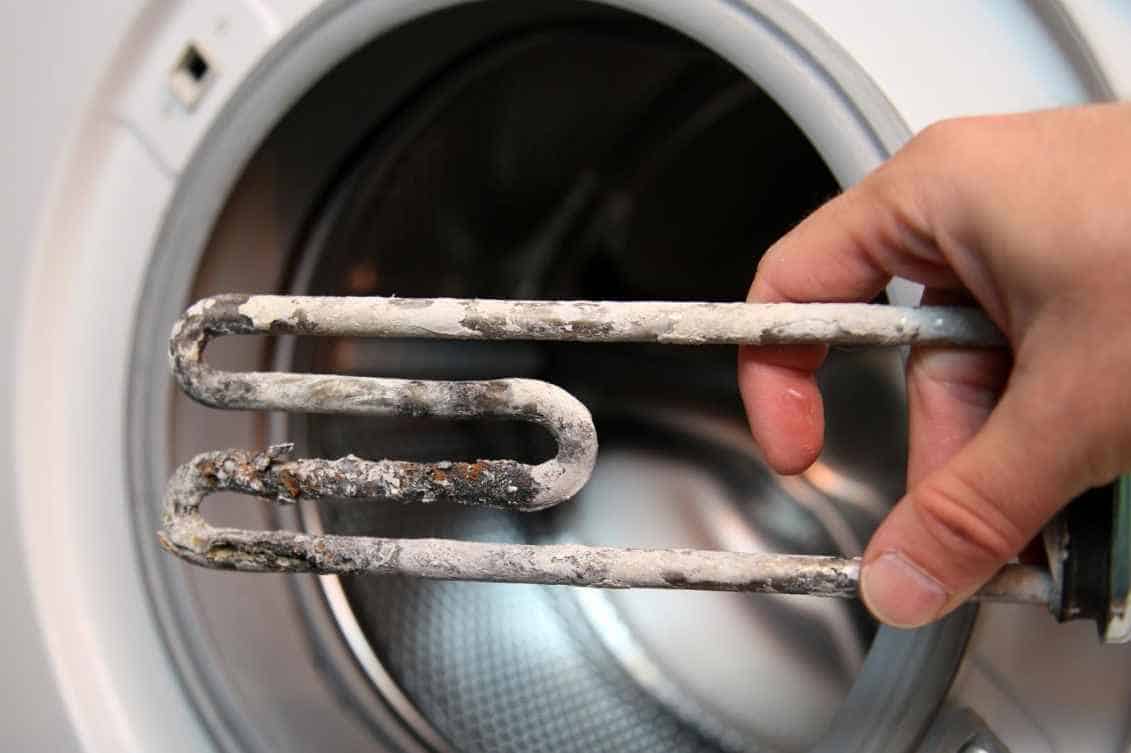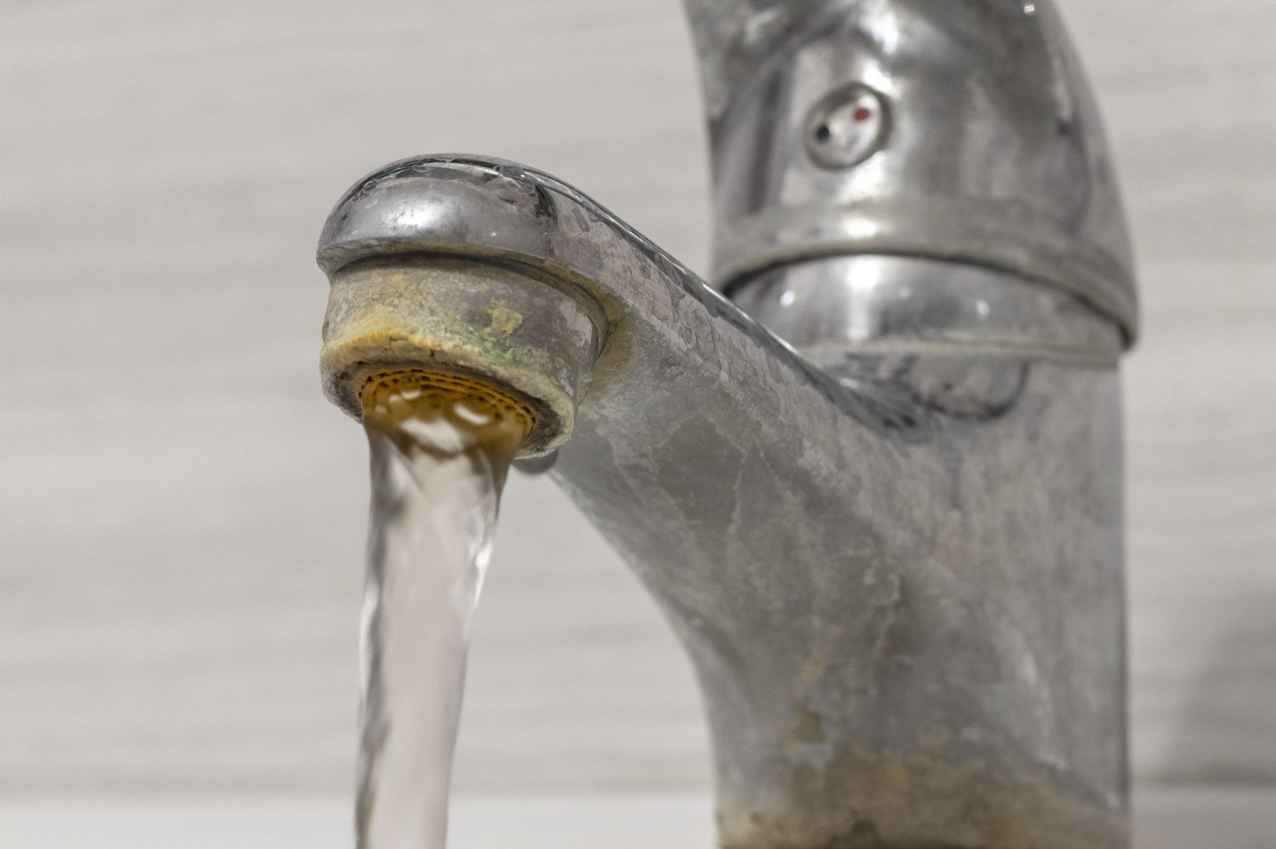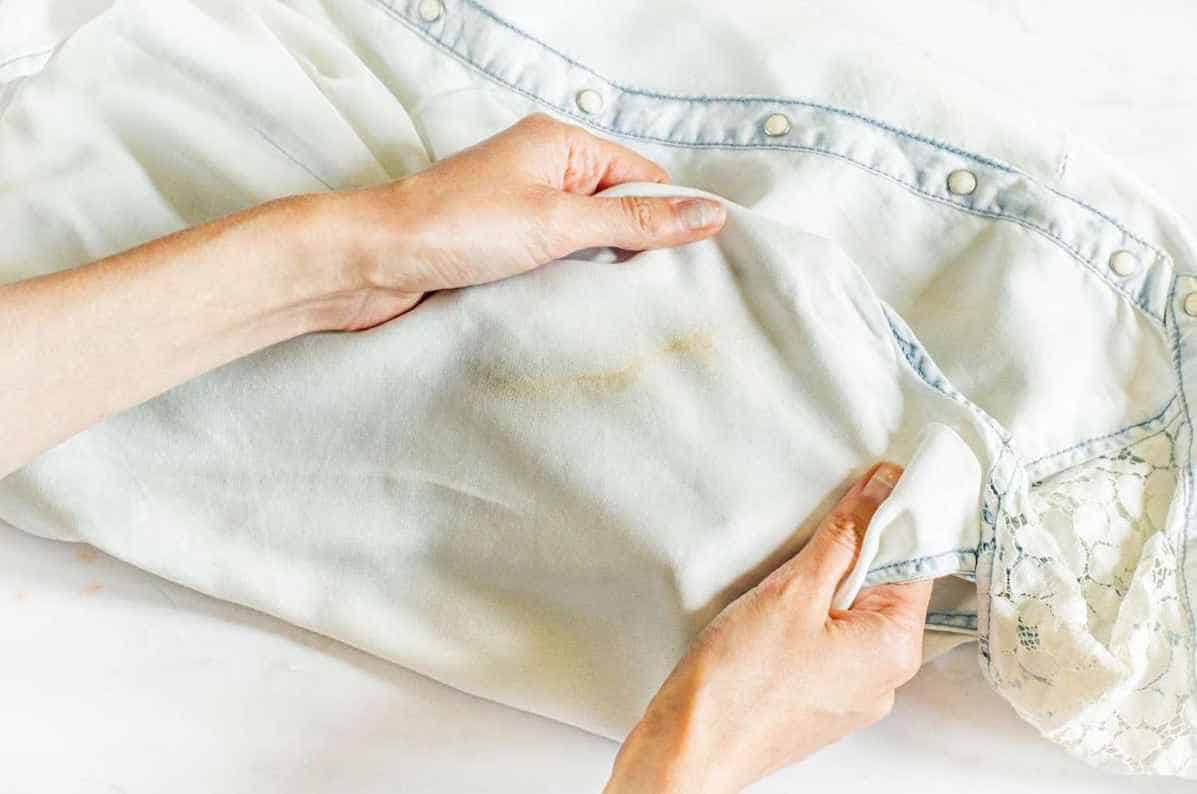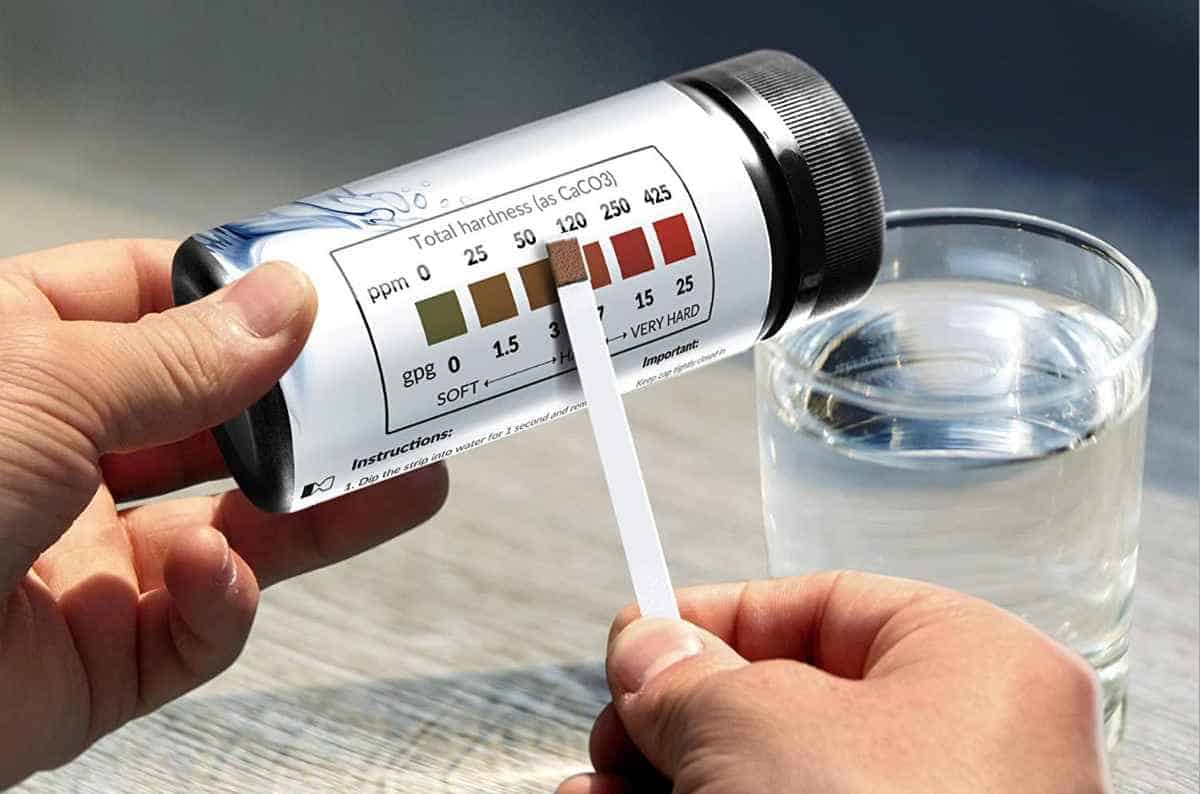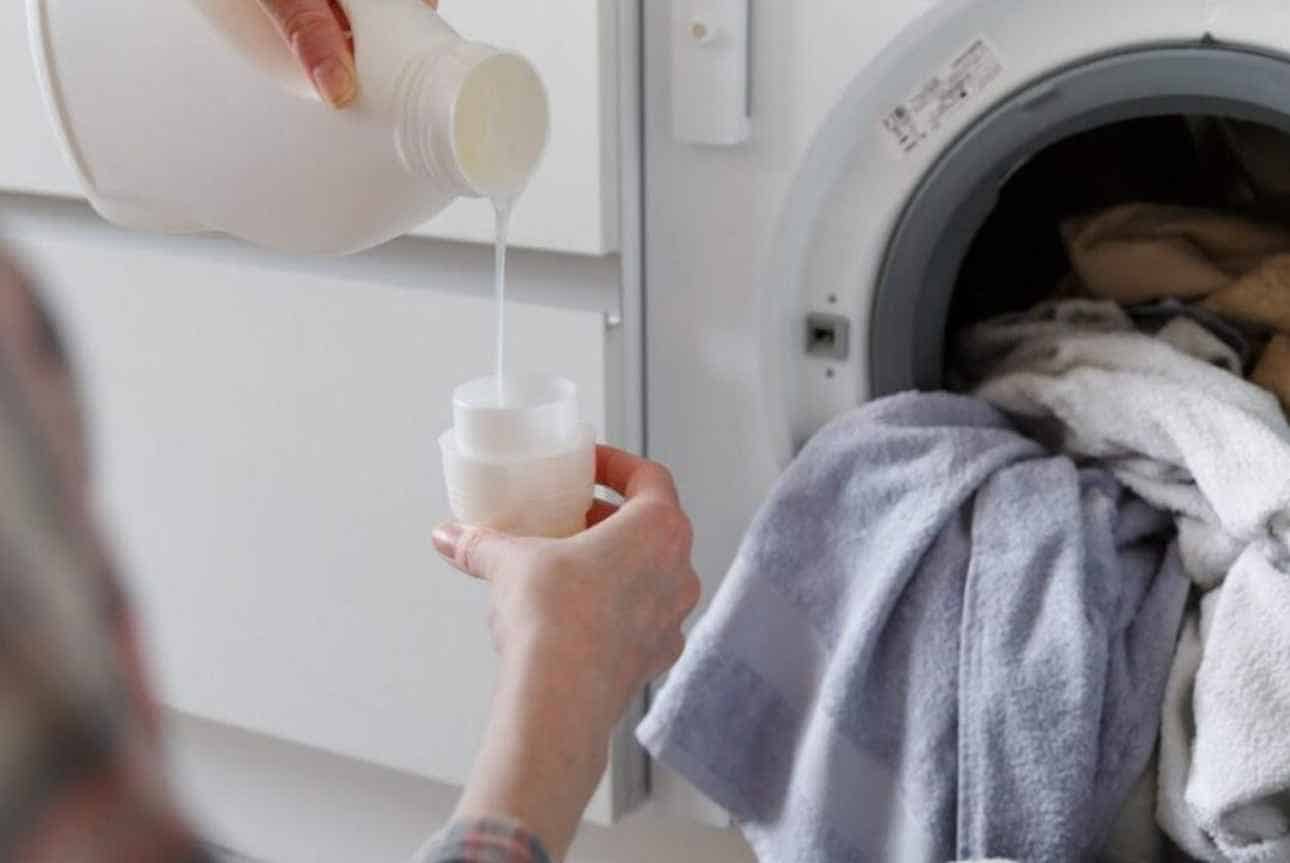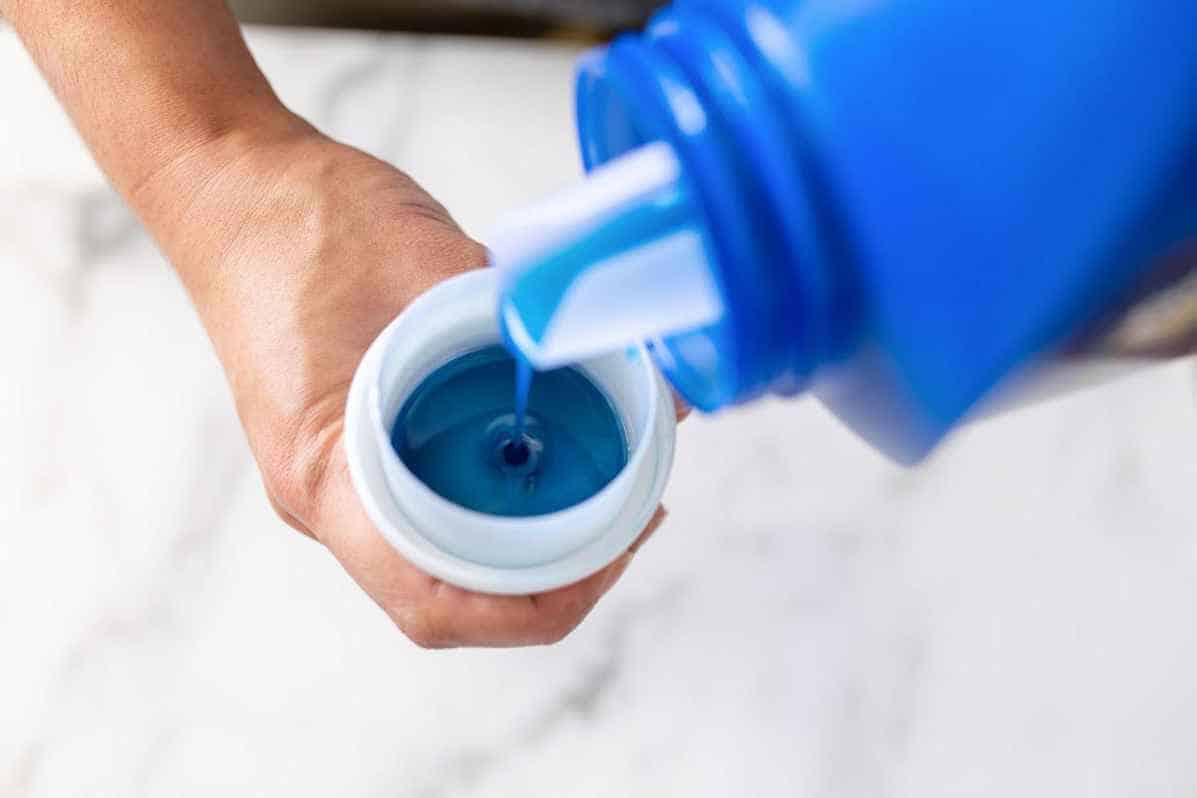Did you ever wonder why your black colored shirt loses its color after washing? Or why do your white clothes turn out to be a little dingy? You may think the problem is on your end, but not really. Sometimes it’s the water hardness that causes damage to your laundry.
Today, we will help you understand the basics of hard water, how it affects your clothes, and some tips on how to avoid further damage to your laundry. So sit back, and take time to digest the information before you start another washing machine cycle.
Understanding Hard Water
Water, to our naked eye, can either be transparent or cloudy. We determine how clean or dirty the water is, based on its appearance. But what does hard water mean, and why is it important to know?
The hardness of water, unfortunately, can’t be seen by the naked eye. Although, you can spot some signs of it in your faucet, clothes, and even your skin. Later, we will dive deeper into determining water hardness at your home using a simple test. But for now, let’s continue getting to know hard water.
Hard water means it contains hefty minerals like calcium and magnesium. It happens when the groundwater flows through limestones and soils and absorbs its mineral content. When this happens, it can affect the hardness and pH level of the water. And hard water is a big no-no to our laundry and wallet (Yes! We are talking about expenses).
Hard Water Measurement
According to the United States Geological Survey, water classification is as follows:
- 0 to 60 mg/L calcium carbonate is soft.
- 61 to 120 mg/L is moderately hard.
- 121 to 180 mg/L is hard.
- Greater than 80 mg/L is very hard.
The level of water hardness depends on your location. Having it checked can eliminate a few inconveniences at home.
Impact Of Hard Water On Your Laundry
Imagine buying new clothing, only to witness it slowly losing its color after a few washes. Who wouldn’t feel saddened about it, right? Unless you’re intentionally fading you’re clothes, then it’s working.
Here are a few laundry problems encountered in areas with hard water:
- Fabric colors fade, and whites darken rapidly.
- Laundry re-soiled when washed in hard water.
- Hard water affects the age of washing machines.
- Hard water requires more use of detergent.
- A study by Purdue University found that fabric wears outs 15 percent faster when washed with hard water.
The water-hardness residues in the fabric cause the clothes to become stiffer and brittle. It makes the clothes lose their fabric strength due to friction. And it’s no good news if you’re investing in your clothes.
The clothes’ appearance is also affected by the mineral content of the water. Notice how some of your clothes have white or gray streaks? The streaks you see are detergent curd that builds up from the calcium mineral and detergent. Hard water causes re-soiled laundry driving you more time to remove the stains again.
If you think clothes are the only problem during laundry, wait until you discover how fast your washing machine deteriorates. According to a study, washing machines in soft water areas last slightly longer than those in medium-hard or hard water areas.
Simple Home Test: Determining Water Hardness
Before we discuss how to test the water hardness at home, we want you to answer a few questions first.
- Do you find it hard to get a lather when you wash with soap?
- Do you notice white or yellow flaky build-up on your faucets and showerheads?
- Does your skin feel dry and itchy after taking a shower?
If you answered mostly yes, you’re certainly in an area with a hard water supply. But to further confirm it, it’s best to perform a water hardness test. And here’s how to do it.
First, fill a bottle with one-third water. Then, add a few drops of liquid soap. Shake the bottle vigorously for a few seconds, then take note of its appearance. If it bubbles and the water is clear, it means that the water is soft. Contrarily, it is hard if it lacks bubbles and the water at the bottom is cloudy.
While this tells you if you have hard water at home, it does not say how hard it is. But if you want to determine the level, you can purchase a hard water test kit at home improvement stores. Another option is to call your local water supplier for a water quality report.
To know more about how hardness test kits work, watch this video:
Ways To Avoid Hard Water Damage On Laundry
As the adage goes, prevention is better than cure (Yes, it also applies to laundering). Knowing how to lessen hard water damage to your clothes is very important. So here are some ways to follow to prevent clothes from getting worn out quickly.
- Increase the amount of powder detergent in the water: Powder detergent loses its efficacy when combined with hard water. Thus, American Cleaning Institute recommends adding more than the product label direction. Research also shows that more than 30% additional detergent is required to allow powder detergent to perform as effectively in hard water.
- Use Liquid Detergents: Do not skimp on liquid detergents when doing laundry. Liquid detergents are resistant to water hardness and can perform well in most water conditions. According to Cameron and Brown, when the water hardness reaches the level of 750 ppm, then that is the time when liquid detergents are affected.
- Soften the water: There are many ways to soften the water. You may invest in a water softener system or opt for a traditional method like adding washing soda or borax. Softening your water can lessen the amount of detergent needed and can help save energy. Heated water also removes temporary hardness. If your washing machine features a warm wash, it can help soften the water. But be careful to use the hot option because it can cause your clothes to shrink and fade faster.
How To Remove Stains Caused By Hard Water?
Yellow stains, gray streaks, and dingy discoloration can be irritating. Imagine having to clean your clothes again after a cycle. But thanks to natural solutions, removing stains caused by hard water is made possible. Vinegar works wonders in laundry, not to mention that it’s cheap!
Stains On Colored Clothes
Soak your clothes in distilled vinegar before washing them to keep the fabric color intact. Distilled vinegar is one cup vinegar per gallon of water (1:1). Leave the laundry for about half an hour to soak. Once done, run it through a normal wash-and-rinse cycle.
Aside from removing the stains, vinegar also has softening properties similar to fabric softeners. Not fond of the vinegar scent? Drop a few essential oils like jasmine into the vinegar to mask the smell.
Make Your White Clothes Lighter
To make your whites lighter and to remove yellow stains, all you need is to add half a cup of vinegar during the rinse cycle to the fabric softener dispenser. Vinegar is mild but strong enough to remove the soap and detergent residues. It also helps brighten gray and drab-looking clothes, helping your clothes restore their former glory.
If you’re planning to wash your clothes with vinegar, there are a few notes to remember.
- Use vinegar only as a pre-treatment or during the rinse cycle.
- Using vinegar alongside a laundry detergent can decrease the cleaning ability of the latter.
- Avoid using vinegar for laundry frequently, as it can damage your washing machine.
What Type of Laundry Detergent Is Best For Hard Water?
Did you pay close attention to our tips a while ago? If you do, then you probably know the answer by now. So is it powder detergent or liquid detergent?
Compared to powder detergent, liquid detergents work well with hard water. When the water is hard, the powder detergent reacts with the chemicals (calcium and magnesium), reducing the amount of the lather formed.
Notice the white streaks on your clothes after washing? The culprit to this may be the undissolved powder detergent mixed in the hard water. Although, there is a quick fix to this if you prefer using powder detergents. Instead of adding the powder directly to the dispenser, you can dissolve it in water before laundering it.
But not all powders are disadvantageous to laundering. Washing soda is a chemical compound used to make homemade laundry detergents. It is often used as a laundry additive to soften water. Washing soda binds to minerals in the water, helping the detergent get absorbed in the fibers of your clothes. It also helps remove stains on clothes and clean your washing machine.
Take Away
Water hardness can affect the laundry, especially if unaware of its signs. It may be an endless loop of blaming oneself for not setting the appropriate cycle or not adding the right amount of detergent. But sometimes, it pays to read and be knowledgeable about the other unseen factors affecting the laundry.
Did you ever consider that the type of water would affect your clothes? If you haven’t yet, now is the time to do a test and change your laundry routine. Follow the listed methods and reap the benefits afterward.

Jessica Oliver is a fashion enthusiast with more than ten years of experience in the industry. She previously managed her own clothing store in New York before becoming a mother of three. With a passion for sustainability and a desire to share clothing care and recycling tips.

